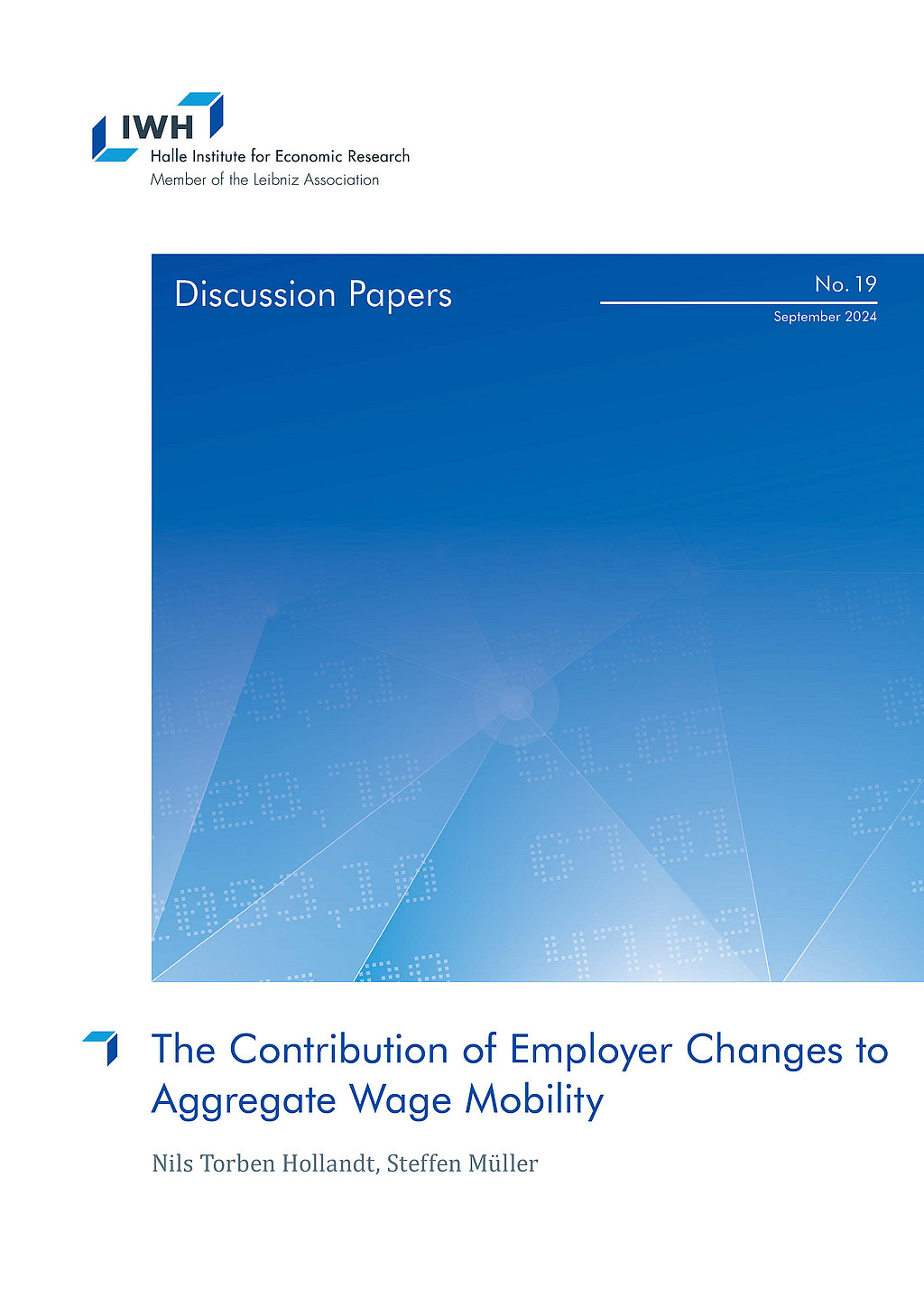
The Contribution of Employer Changes to Aggregate Wage Mobility
Wage mobility reduces the persistence of wage inequality. We develop a framework to quantify the contribution of employer-to-employer movers to aggregate wage mobility. Using three decades of German social security data, we find that inequality increased while aggregate wage mobility decreased. Employer-to-employer movers exhibit higher wage mobility, mainly due to changes in employer wage premia at job change. The massive structural changes following German unification temporarily led to a high number of movers, which in turn boosted aggregate wage mobility. Wage mobility is much lower at the bottom of the wage distribution, and the decline in aggregate wage mobility since the 1980s is concentrated there. The overall decline can be mostly attributed to a reduction in wage mobility per mover, which is due to a compositional shift toward lower-wage movers.





